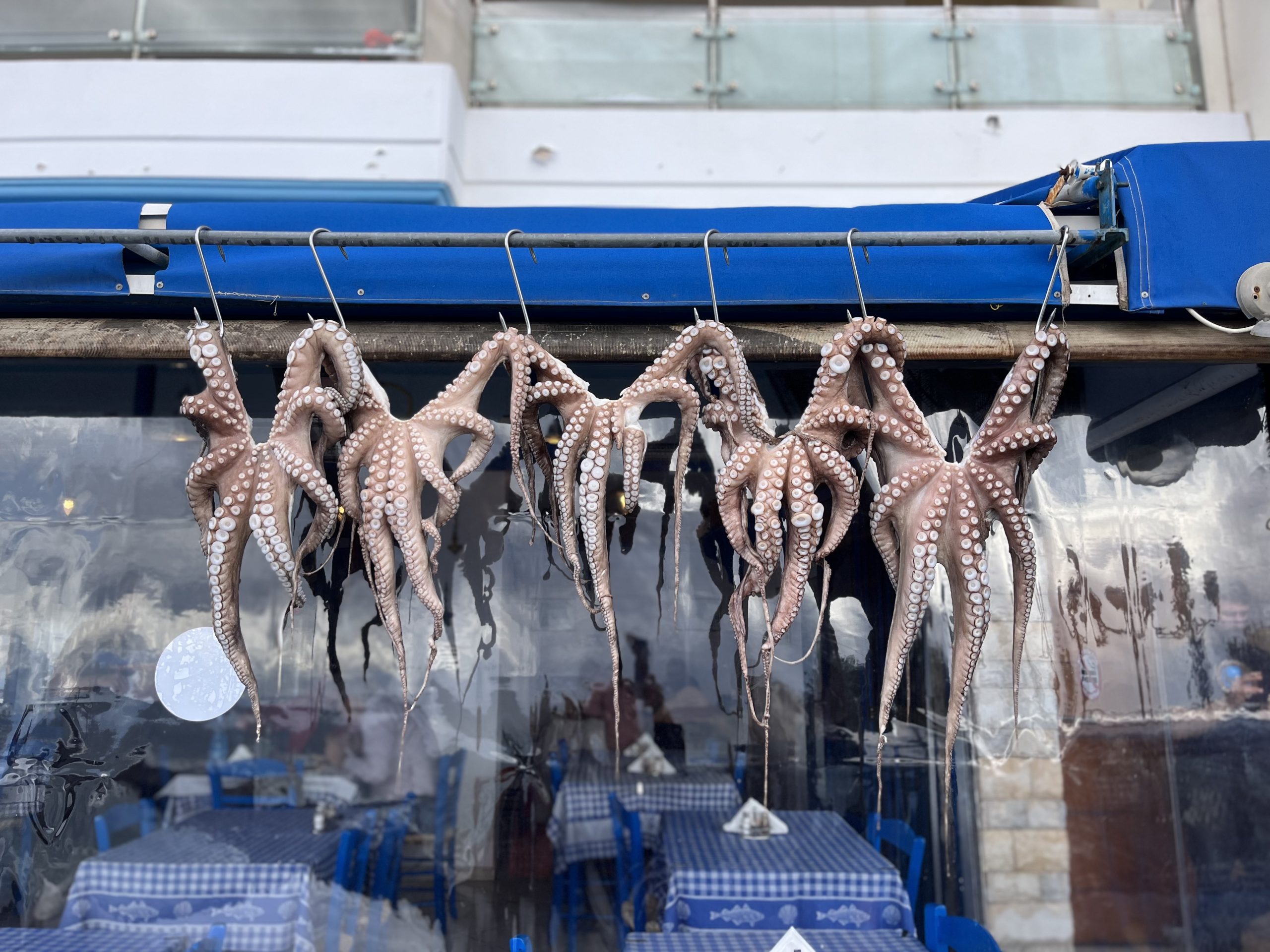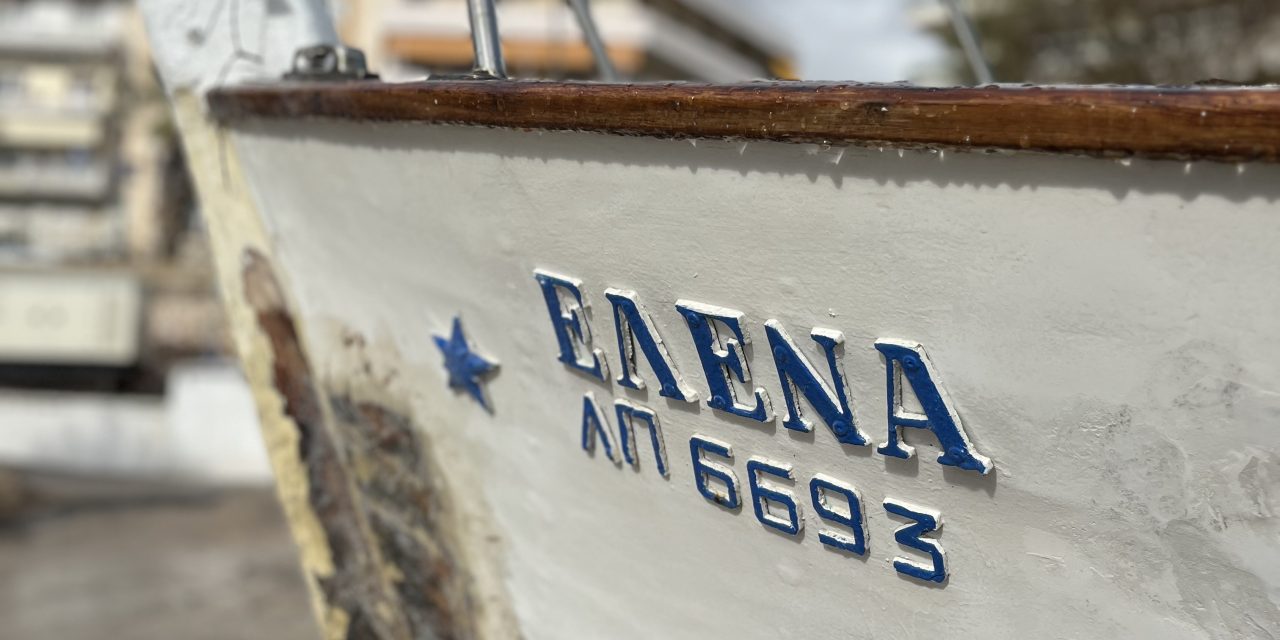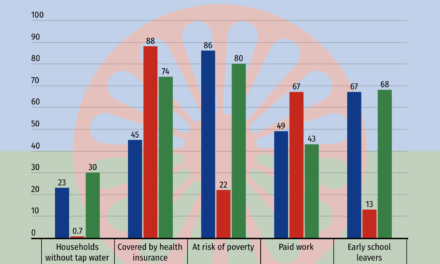Greece has a longstanding heritage and historical engagement with the fisheries. Although its contribution to the gross domestic product (GDP) is limited, constituting less than 3.1%, the Greek fisheries sector remains a fundamental aspect of significant socio-economic importance, particularly for the Greek population.
Small-scale fisheries (SSF) play a vital role within the European Union, contributing significantly to marine ecosystems, the economy, and societal well-being. Small vessels constitute a substantial majority, comprising 85% of all fishing vessels and sustaining 40% of the employment in the fishing sector.
In the Mediterranean Sea and Black Sea regions, small-scale vessels are even more predominant, constituting over 84% of the fishing fleet and contributing to 44% of the fishing capacity. This sector is a significant source of employment, with at least 62% of the total workforce on fishing vessels, encompassing approximately 150,000 fishermen and various related businesses.
Greece emerges as a standout contributor to SSF within the EU, boasting around 15,000 vessels engaged in activities such as netting, longlining, and trapping. Notably, a small subset of about 150 vessels possesses specific licenses for small trawlers, employing distinct fishing methods that involve different depths and distances from the coastline. Traditional fishermen in Greece predominantly utilize nets, longlines, and traps in their fishing practices.
What problems are they facing?
Small-scale fisheries (SSF) grapple with plenty of challenges, prominently led by economic sustainability. Research underscores the formidable task of establishing a viable business for these fishermen, as their earnings often prove insufficient for sustaining a livelihood. Many resort to engaging in supplementary businesses to overcome financial constraints. However, this dual-income approach prevents them from obtaining official recognition as professional fishermen, given the criteria mandating at least 50% of income and time dedicated to fisheries.
The unpredictable nature of weather patterns, coupled with the brief tourist season, further complicates matters, hindering these fishermen from committing to full-time fishing. Consequently, they face hurdles in selling fish during the winter, with prices plummeting to unprofitable levels.
Within the fish market domain, small-scale fishers confront substantial challenges posed by large industrial vessels, particularly in the Eastern Mediterranean. Intense competition compels SSF to directly sell their catch to local restaurants (tavernas) and individual families. The quantities they can catch are limited, especially with their use of nets and longlines. They also can’t compete with the growing quantities aquaculture can produce, leading to stiff competition to traditional fishing practices. Notably, the majority of Greek production, comprising sardines and anchovies, relies on purse seiners and trawlers, which differ from the gear used by SSF. Consequently, small-scale fishers contribute only around 20-25% of the total fish caught in Greece, and with 15,000 vessels involved, establishing a viable business proves challenging.
Climate change
Adding to these challenges, the fishing industry faces a broader crisis due to the impacts of climate change. Climate change introduces additional uncertainties, affecting fish migration patterns and altering marine ecosystems, thereby further challenging the traditional fishing industry’s sustainability. The convergence of these factors underscores the urgent need for comprehensive strategies to address the multifaceted challenges facing small-scale fisheries in the European Union.
Angelos Liontakis, assistant Professor at Agricultur University of Athens, he outlines the oceanic changes attributed to climate change and elucidates their effects on the fishing industry in Greece.
Conclusion
As Angelos described, Greek fishermen find it hard to adapt to these climate change problems. In the upcoming years, the challenge will be to achieve a delicate balance among preserving traditions, ensuring employment, and maintaining environmental sustainability. In summary, the decline of small fisheries in Greece due to aquaculture and climate change necessitates proactive government intervention. By implementing sustainable policies and supporting traditional fishing practices, the Greek government can safeguard employment, preserve the rich fishing tradition, and maintain the appeal of traditional fisheries for tourism. This strategic approach aims to strike a balance between economic vitality and environmental sustainability.









